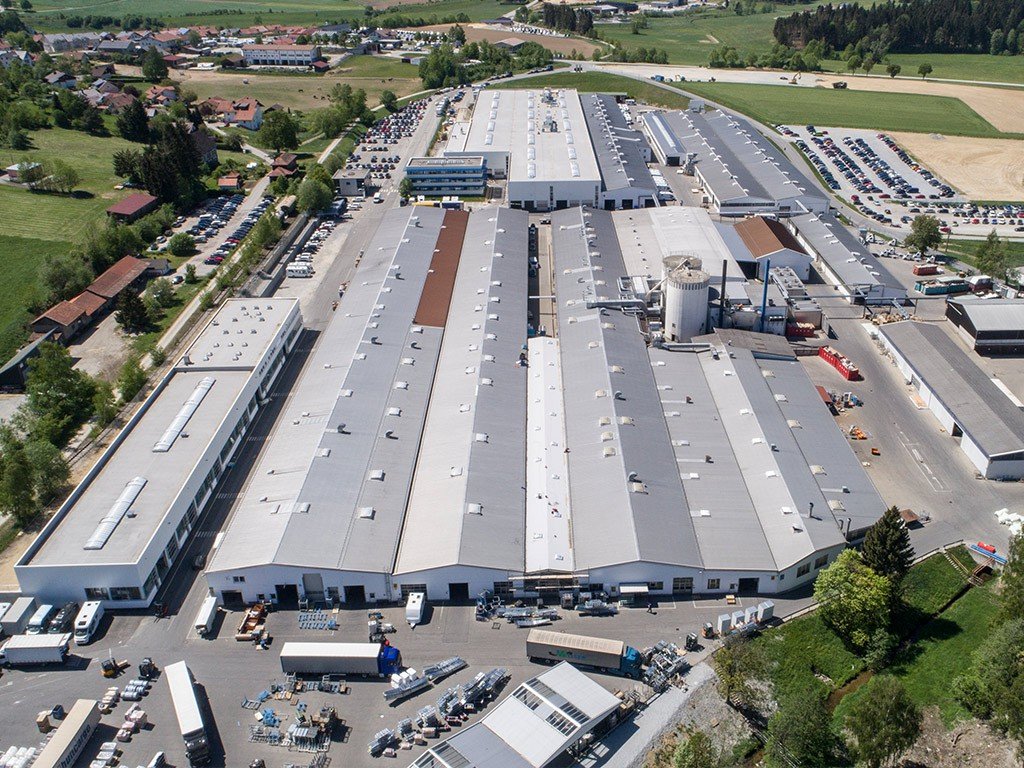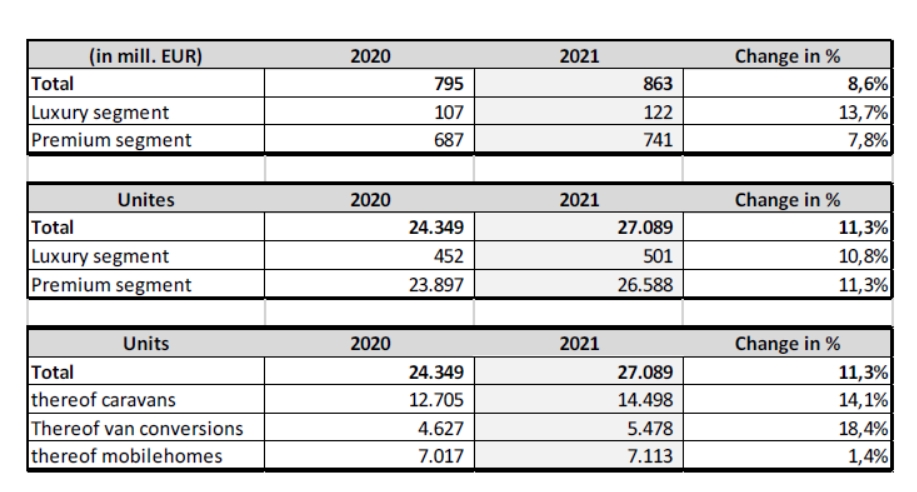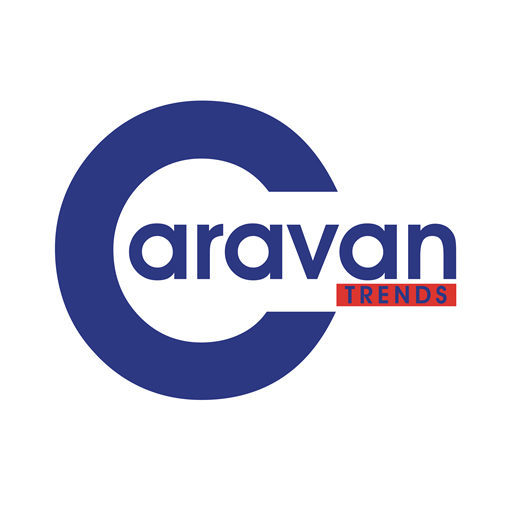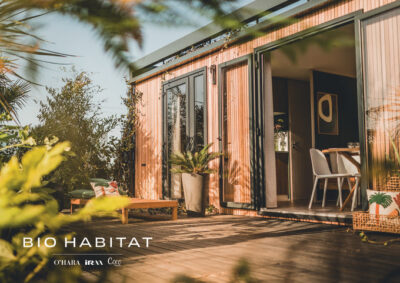Knaus Tabbert with significant growth in the 2021 financial year

Based on preliminary figures for the 2021 financial year, Knaus Tabbert AG has achieved a consolidated group revenue of EUR 863 million (previous year: EUR 795 million). This corresponds to an increase of 8.6 percent compared to the previous year’s figure. This slightly exceeded the Management Board’s revenue forecast of EUR 850 million, which was updated on 4 November 2021.
The temporary shift in production capacity from motorhomes to caravans, which have lower revenues, is reflected in this sales figures. The main reason for that was the general supply bottleneck for motorised chassis.
“The significant growth in revenue and sales underlines the attractiveness of our brands for dealers and customers. The high demand for recreational vehicles continues unbroken, which is also reflected in our order backlog of 1.3 billion EUR as of December 2021,” comments Wolfgang Speck, CEO of Knaus Tabbert AG on the past year. “The challenges along the supply chain have demanded a lot from us, our suppliers and our customers. In the course of the fourth quarter of 2021, we were able to successively reduce the delivery backlogs of unfinished vehicles.”

In detail, revnues in the luxury segment increased by 13.7 per cent from EUR 107 million to EUR 122 million in the 2021 financial year. 501 vehicles were invoiced, compared to 452 in the previous year. A plus of 10.8 percent.
In the Premium segment, revenue increased by 7.8 percent from EUR 687 million in 2020 to EUR 741 million in the past year. Sales even increased by 11.3 percent from 23,897 motorhomes, caravans and vans to 26,588 units. These figures reflect the temporary shift in production from motorhomes to caravans, which were less affected by supply bottlenecks.
“In many industries, 2021 was characterised by strained supply chains. Our flexible production planning across locations allowed us to react quickly to the unavailability of various materials at short notice and bring forward other orders,” Speck continued. “This allowed us to significantly reduce the overall impact on our business and achieve optimisation along the value chain.”



